Focus
Your Present Location: HOME> Focus-
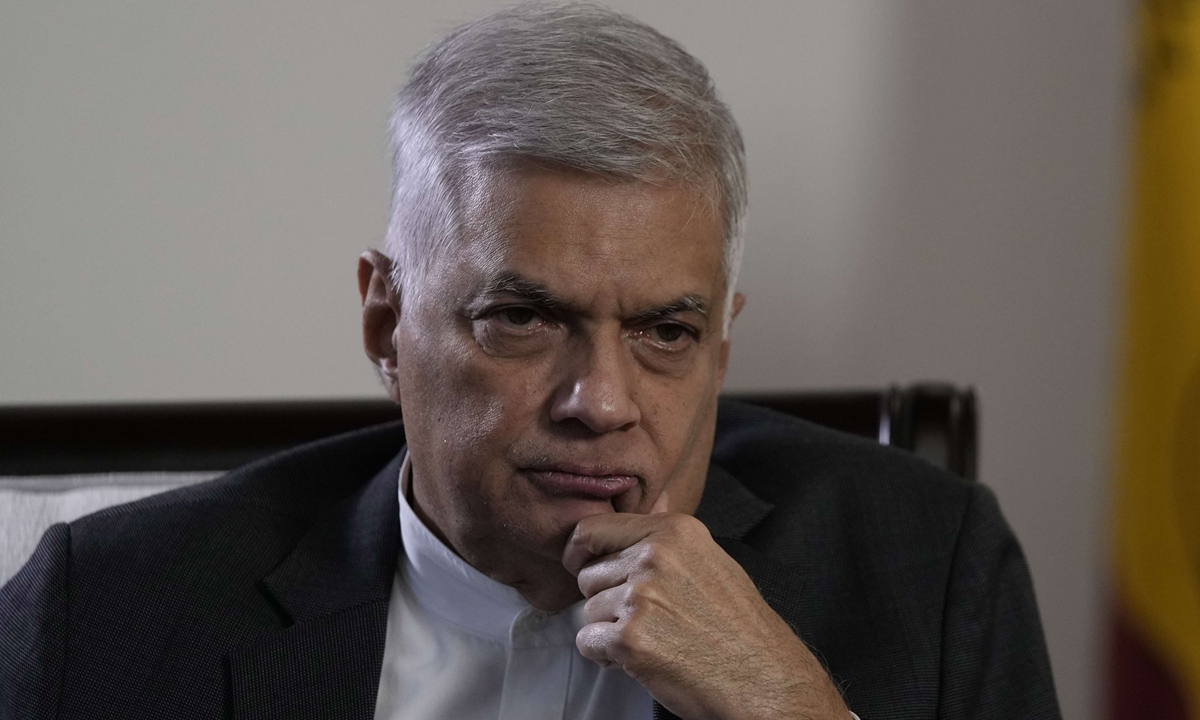
Zhou Rong: Sri Lanka's acting president voted as new president, to carry on negotiations with IMF, other intl lenders
2022-07-21 -
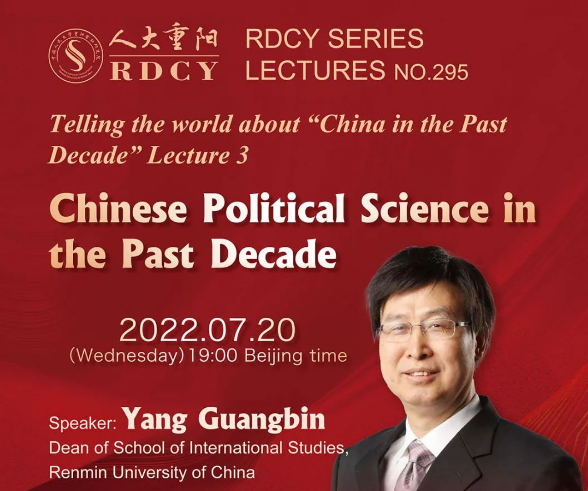
【2022-07-20】Lecture 3:Chinese Political Science in the Past Decade
2022-07-20 -
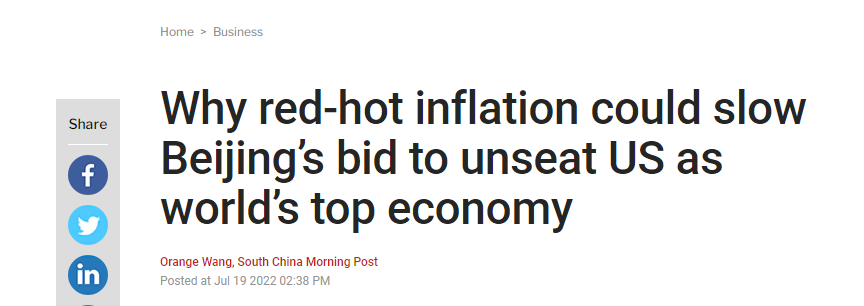
Li Daokui: Why red-hot inflation could slow Beijing’s bid to unseat US as world’s top economy
2022-07-20 -
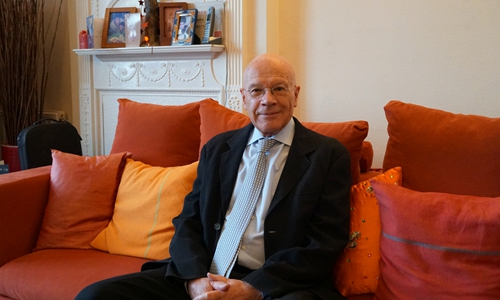
Martin Jacques: Why Western predictions on China were mostly wrong in past decade
2022-07-20 -

Wang Wen: US should reflect on warnings of recession
2022-07-19 -
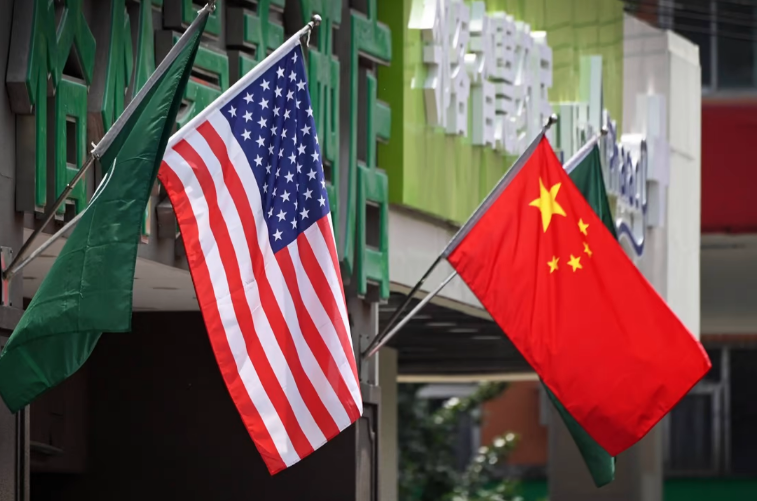
Li Daokui: China GDP: why red-hot inflation could slow Beijing’s bid to unseat the US as world’s No 1 economy
2022-07-19 -
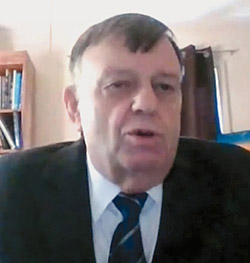
William Jones: Scientific Thought as a Geological Force
2022-07-18 -
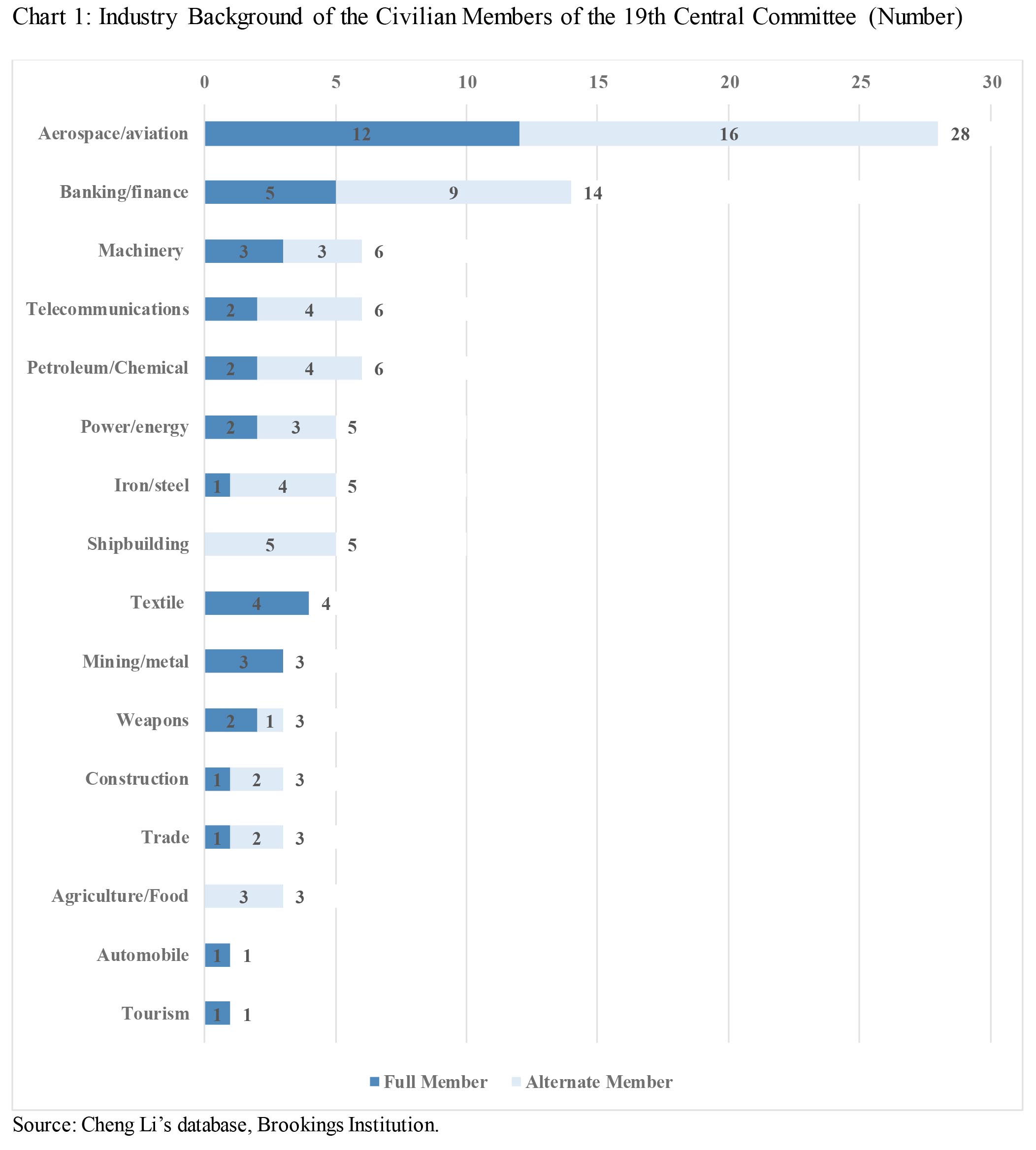
Cheng Li: The Rapid Rise of the “Cosmos Club” in the Xi Jinping Era
2022-07-18 -
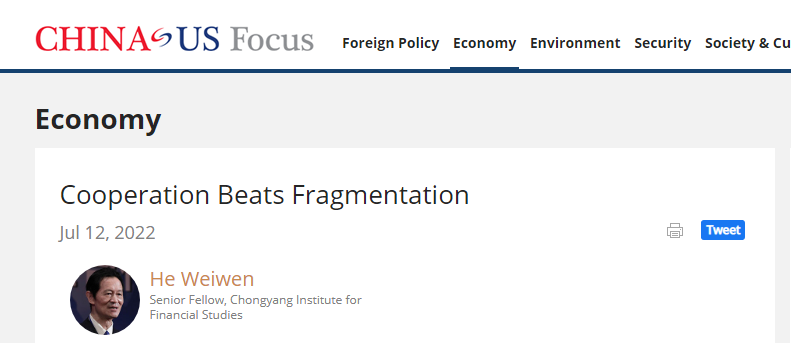
He Weiwen: Cooperation Beats Fragmentation
2022-07-18 -
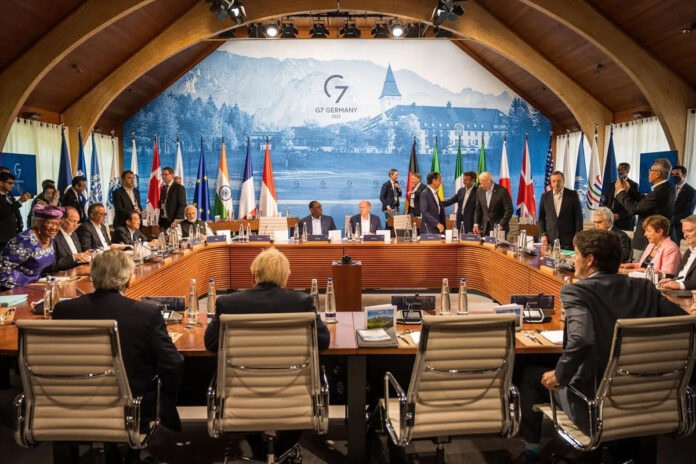
Vijay Prashad: US makes another stab at 'challenging' China's BRI
2022-07-15 -
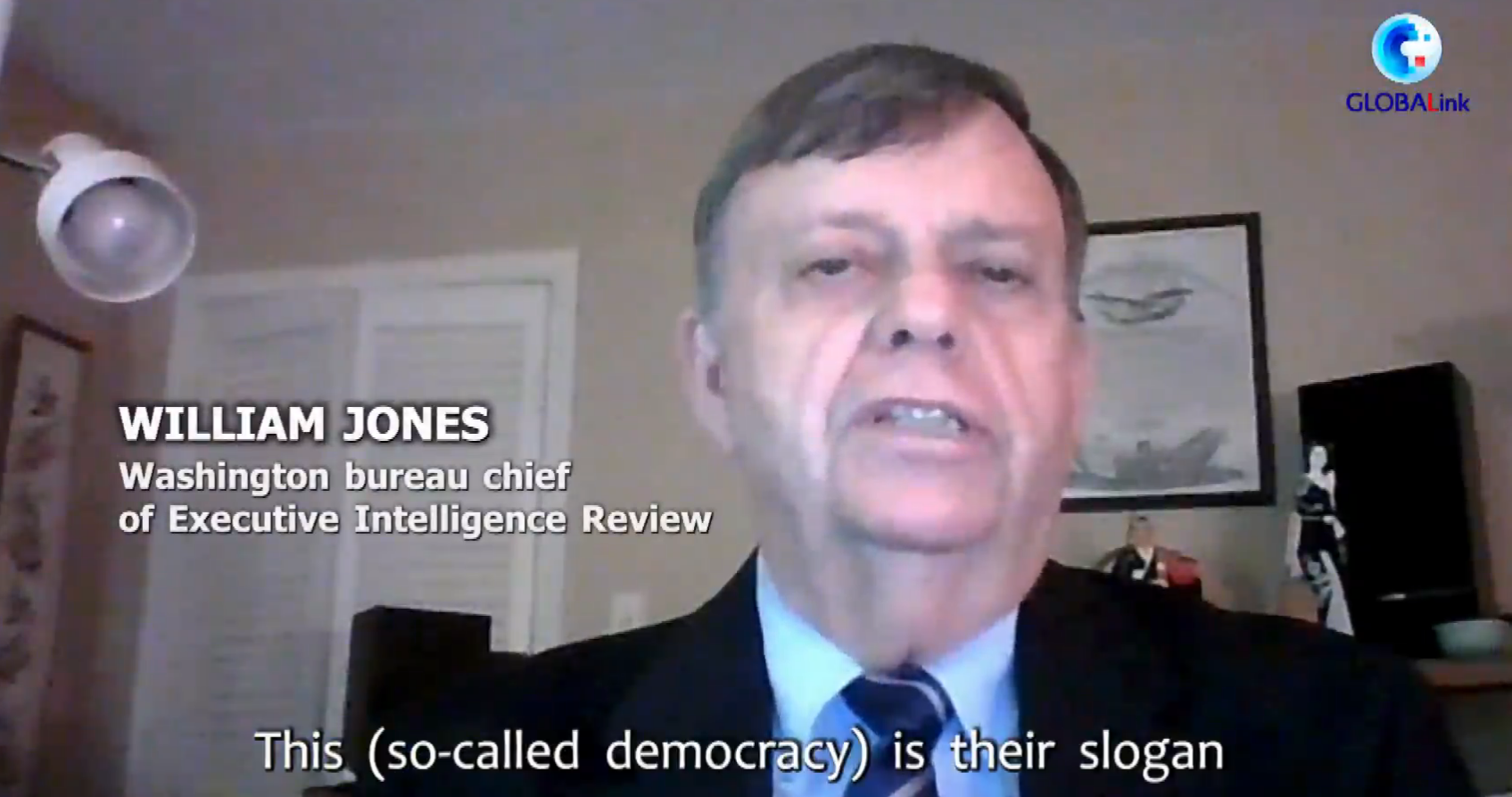
William Jones: So-called Western democracy a bogus issue
2022-07-15 -
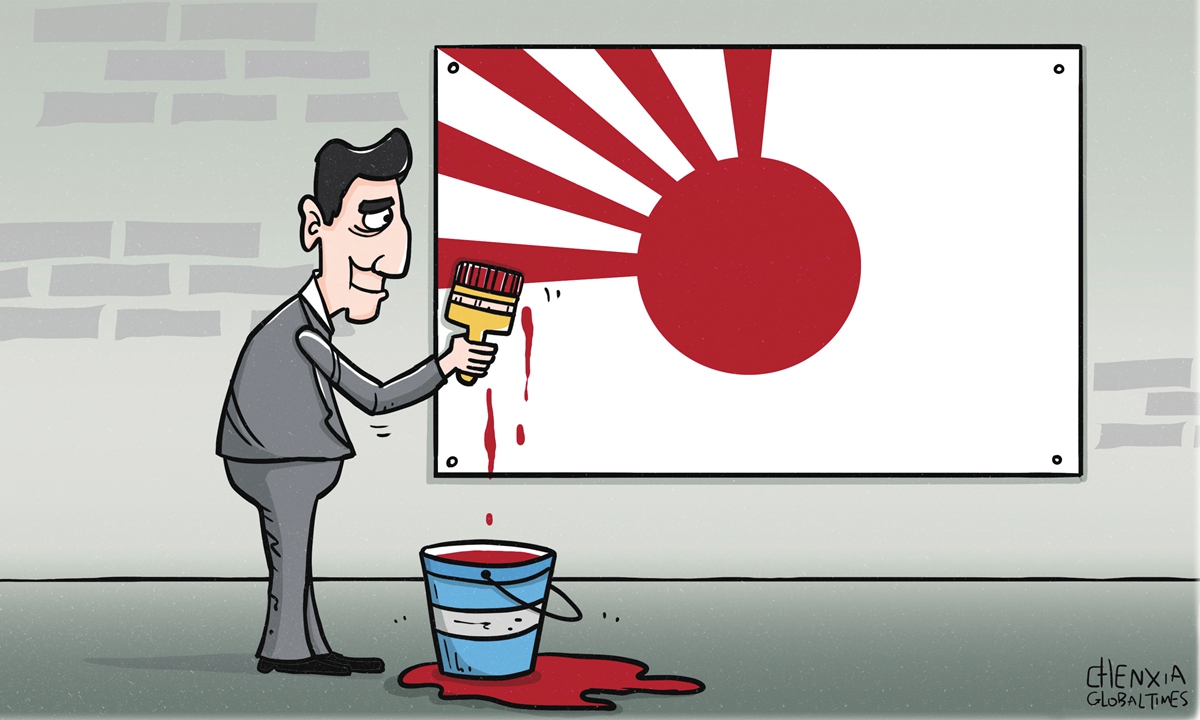
Ding Gang: Japan shouldn’t bring Cold War rearmament to Asia
2022-07-14 -
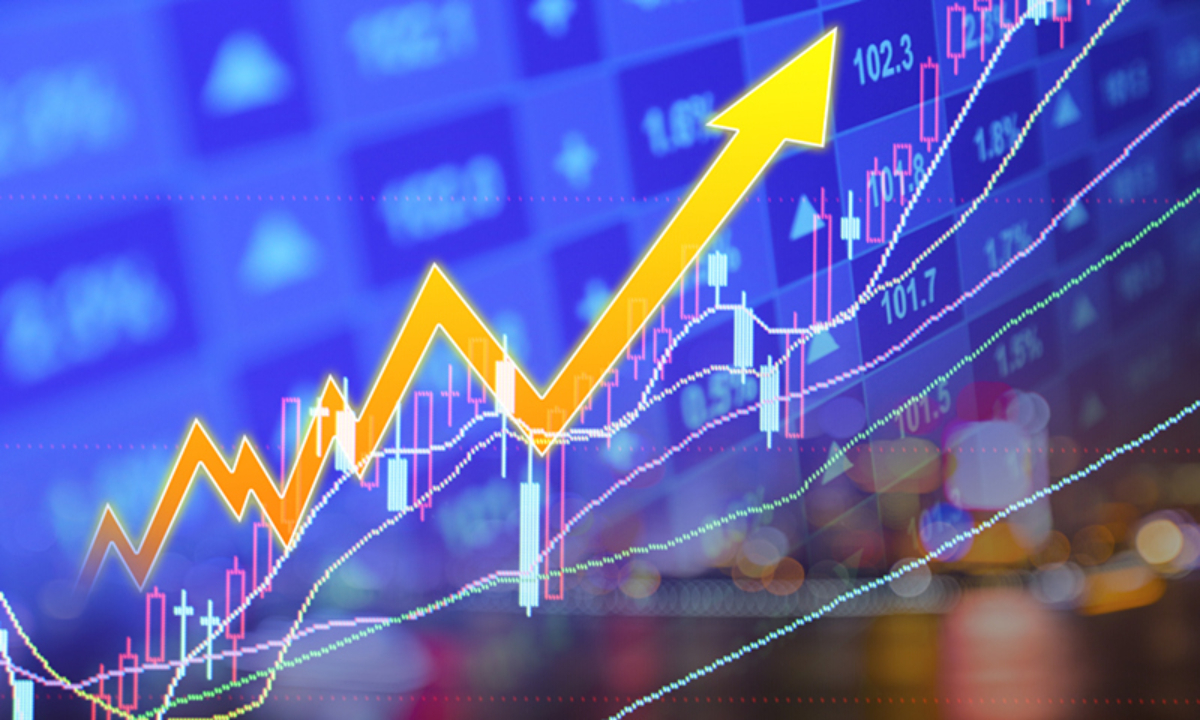
Wu Xiaoqiu: China's capital market needs to deepen reform to realize internationalization
2022-07-14 -
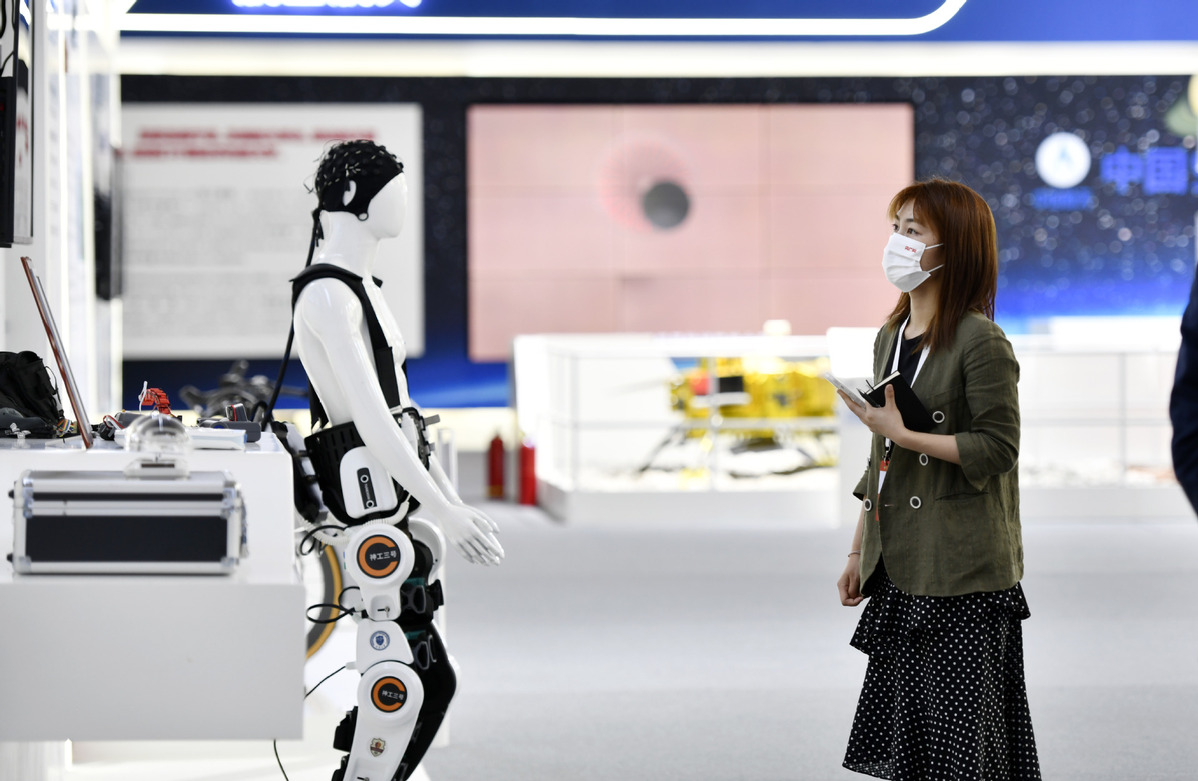
Liu Wei: Official stresses key role of Xi's economic thought
2022-07-13 -
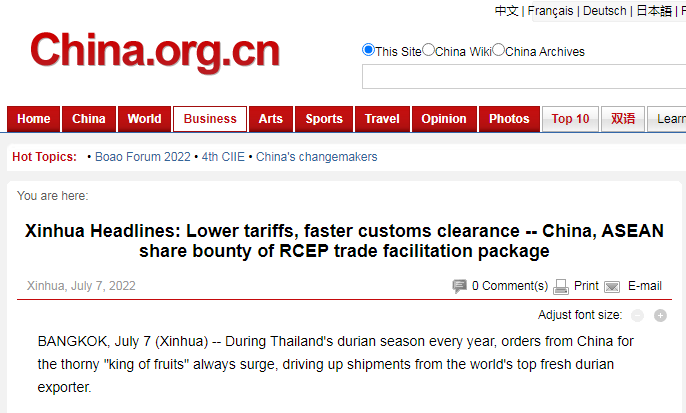
Ong Tee Keat: Lower tariffs, faster customs clearance -- China, ASEAN share bounty of RCEP trade facilitation package
2022-07-13 -
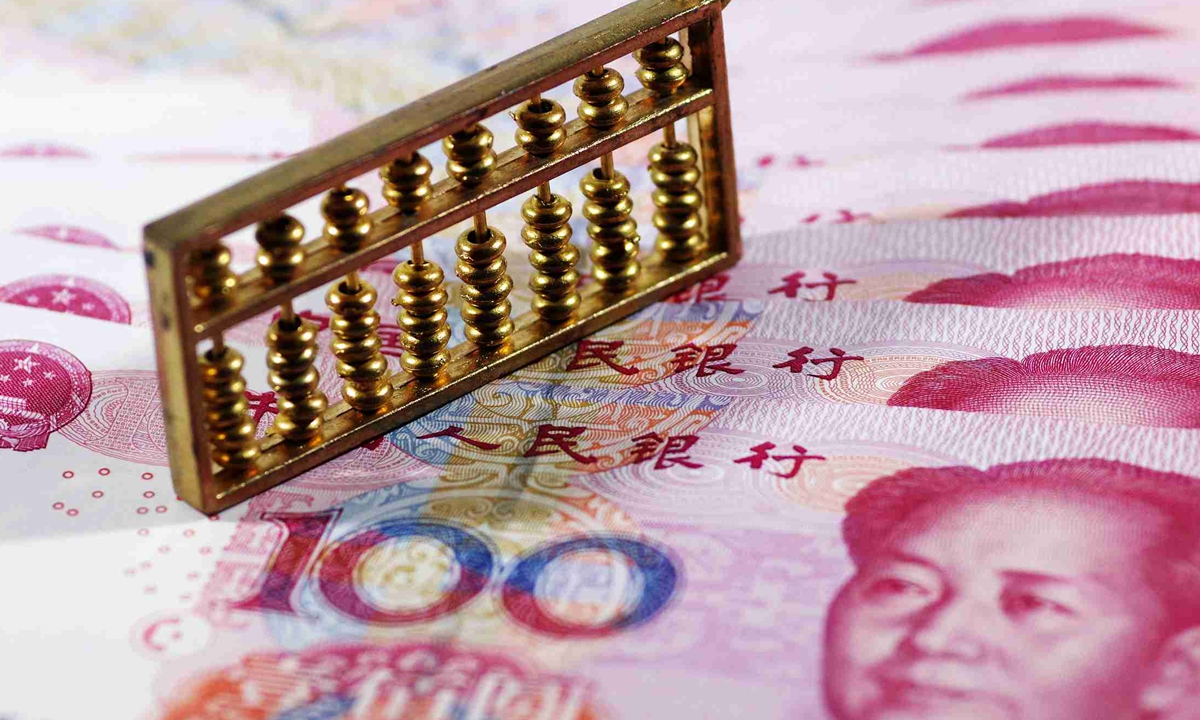
Zhou Rong: China, Myanmar 'steadily' expand use of yuan in bilateral trade despite 'setbacks'
2022-07-12 -

Liu Zhiqin: Alibaba, Tencent fined for disclosure violations in China
2022-07-12 -

Wang Wen: Chinese people's reaction to Abe's death is real
2022-07-11 -
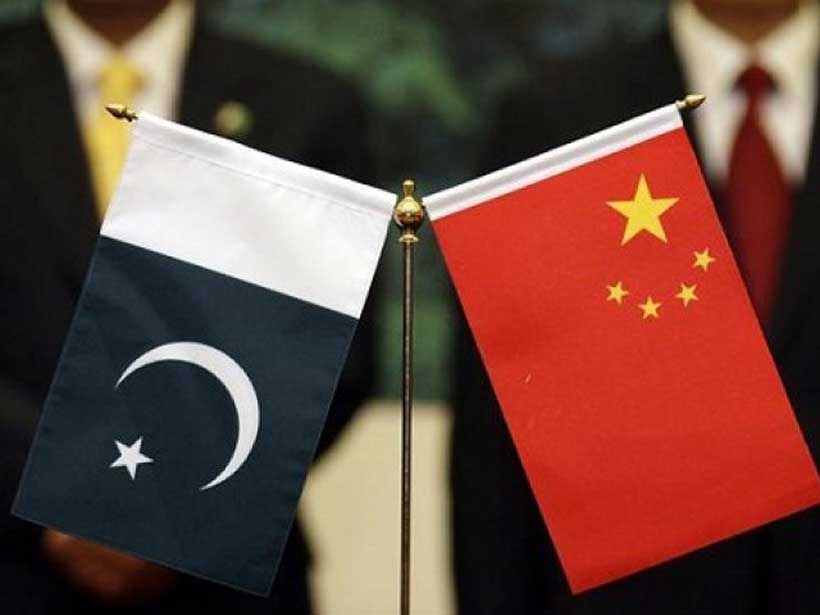
Zamir Ahmed Awan: High-Level interaction between China and Pakistan
2022-07-11 -
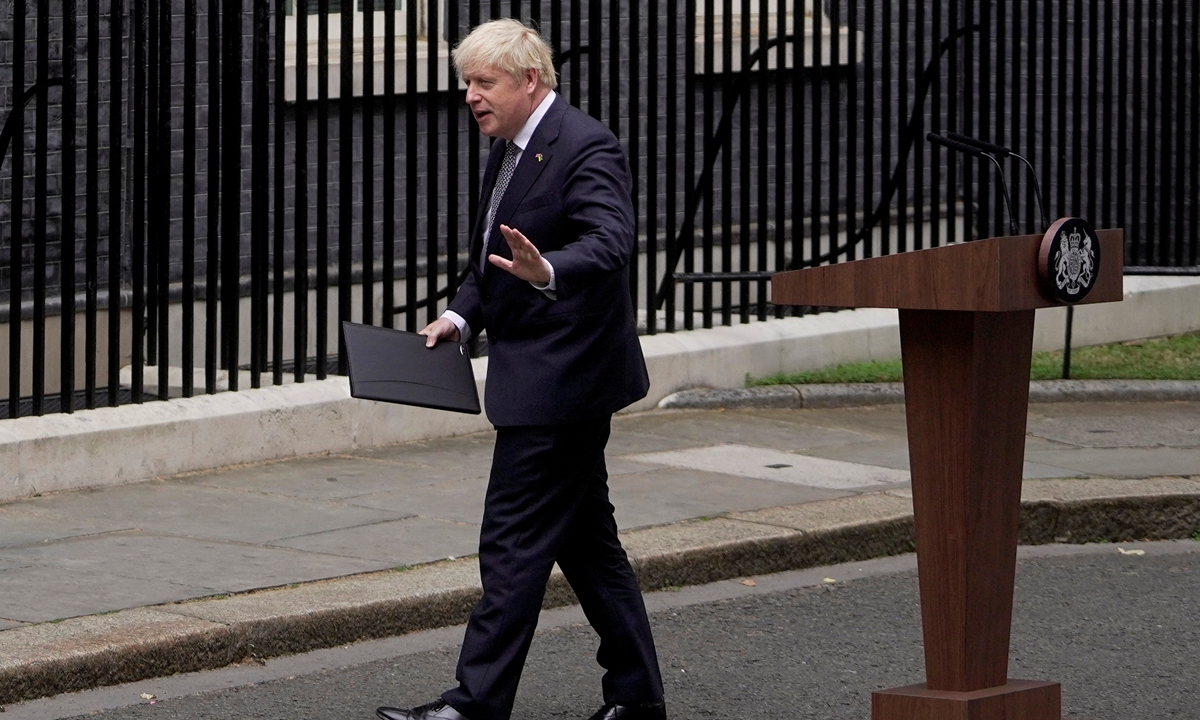
Wang Wen: US, UK poison perception of China with intelligence chiefs' cliched accusations
2022-07-08
(共3588条)
























































































 京公网安备 11010802037854号
京公网安备 11010802037854号





